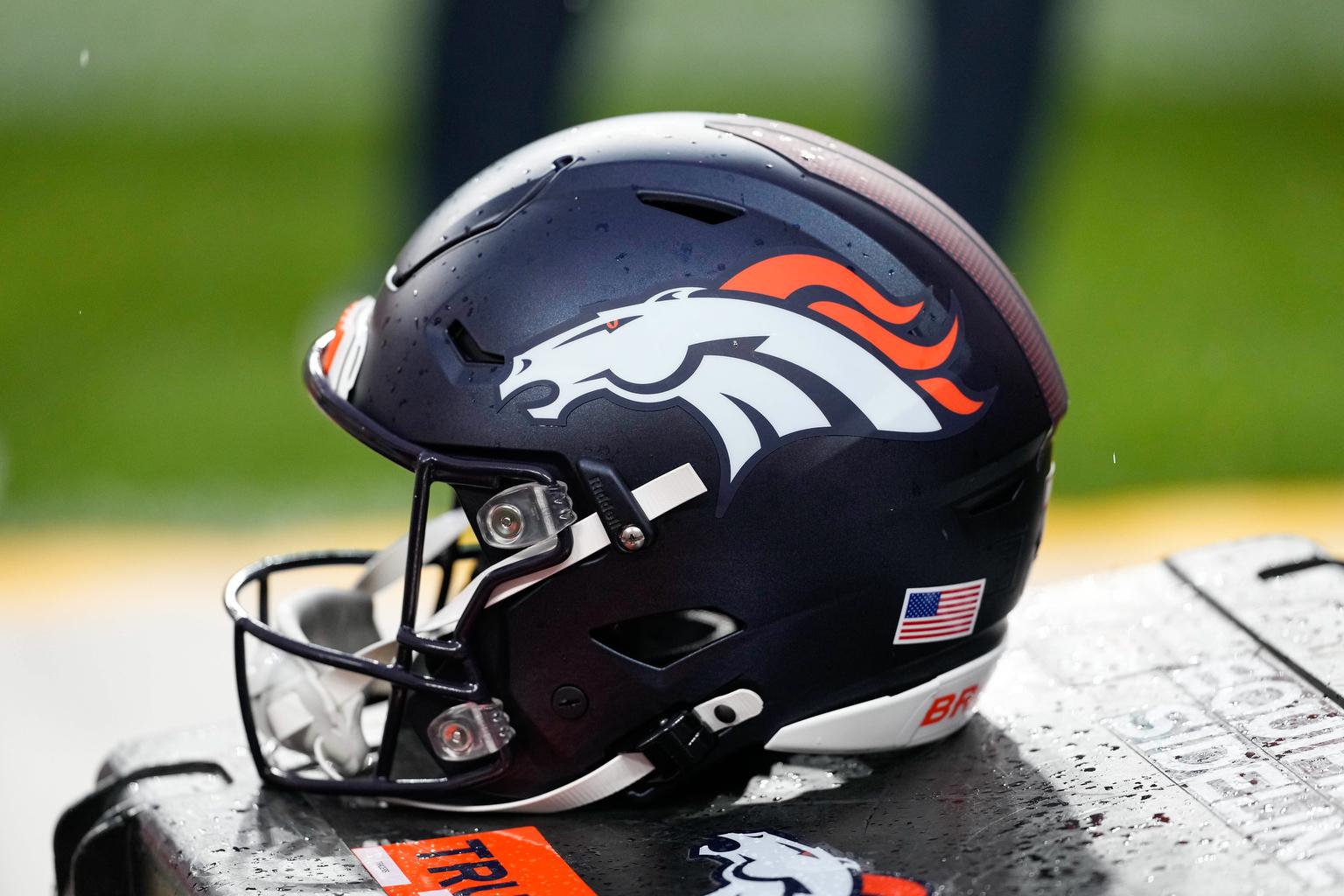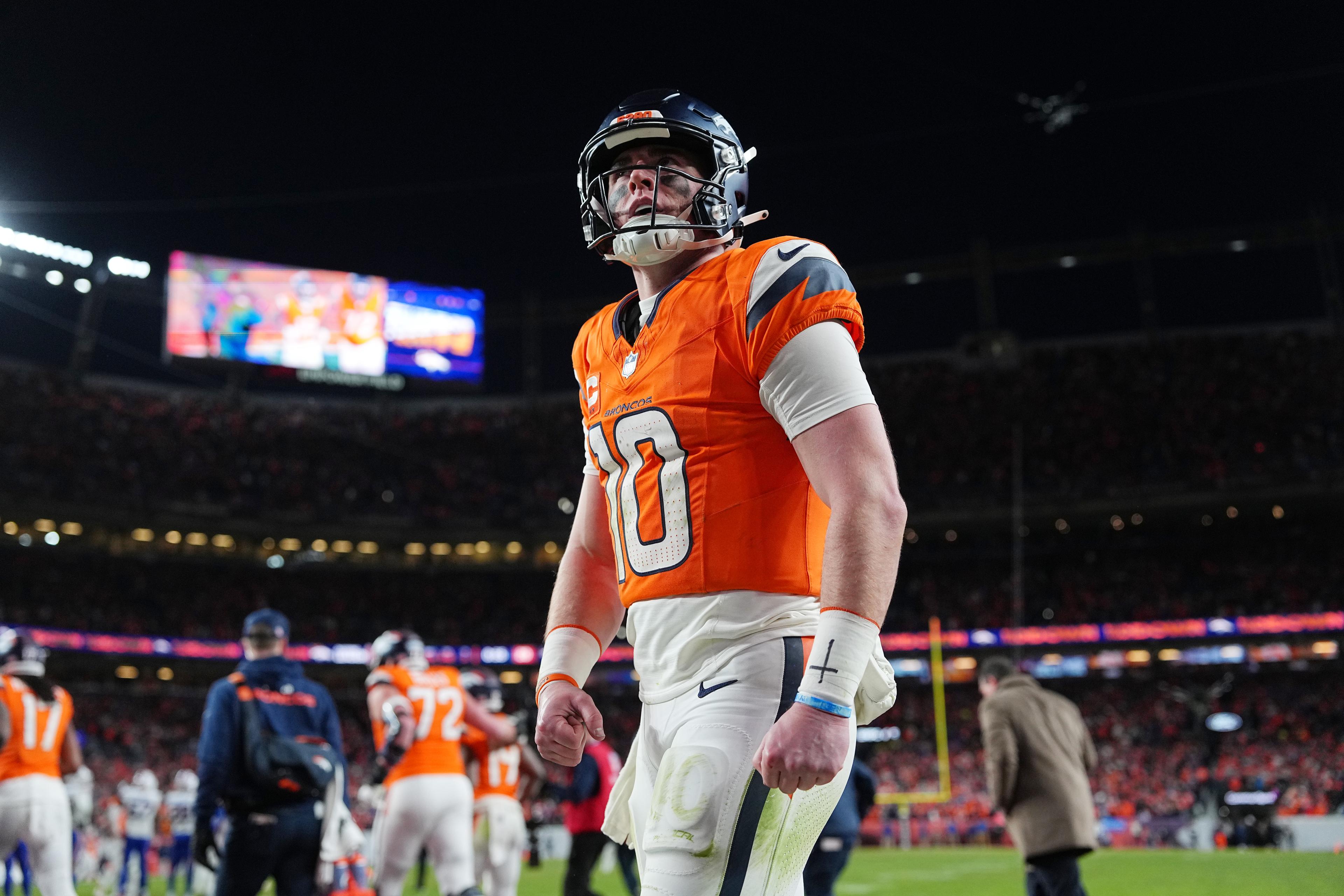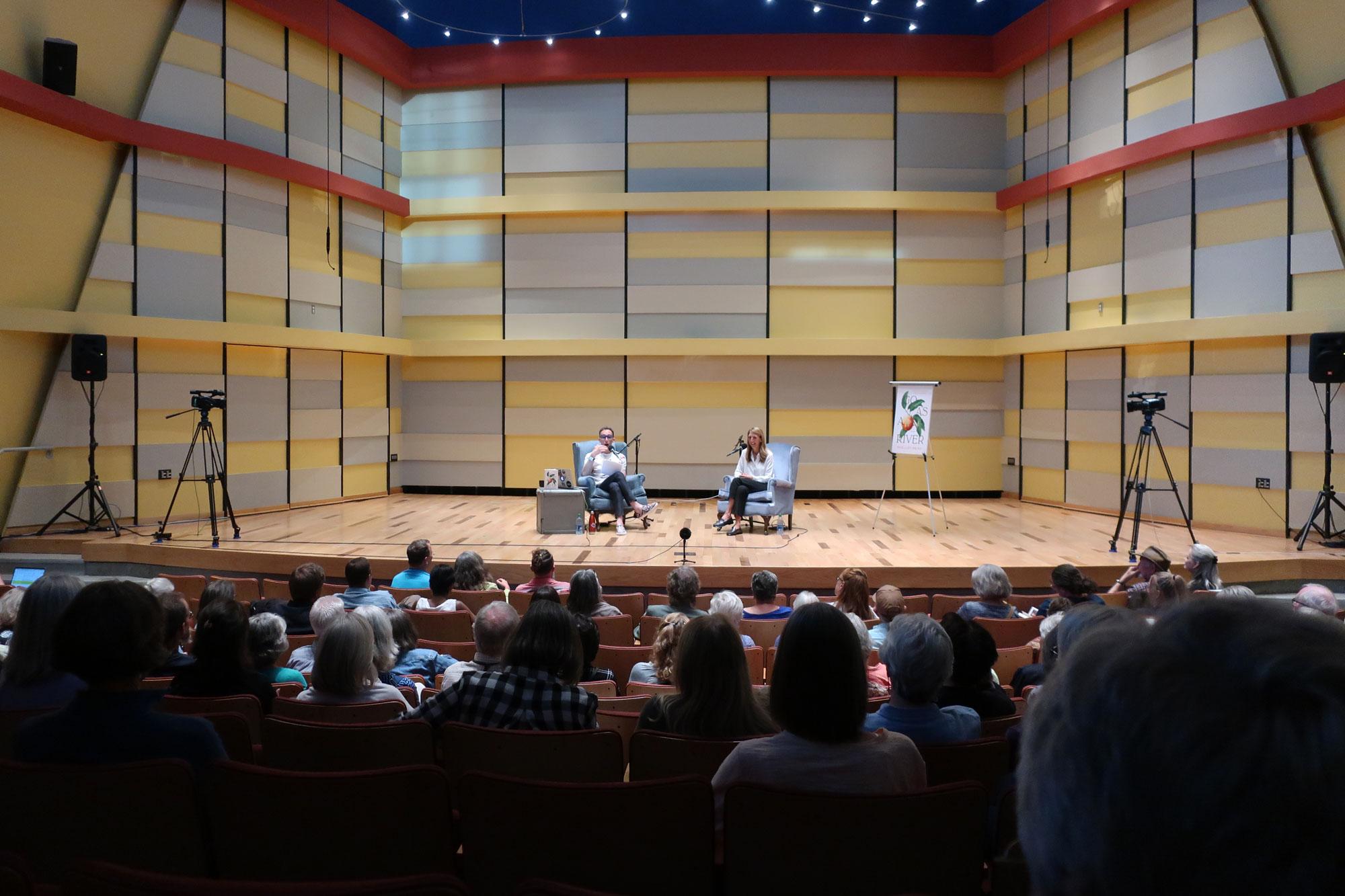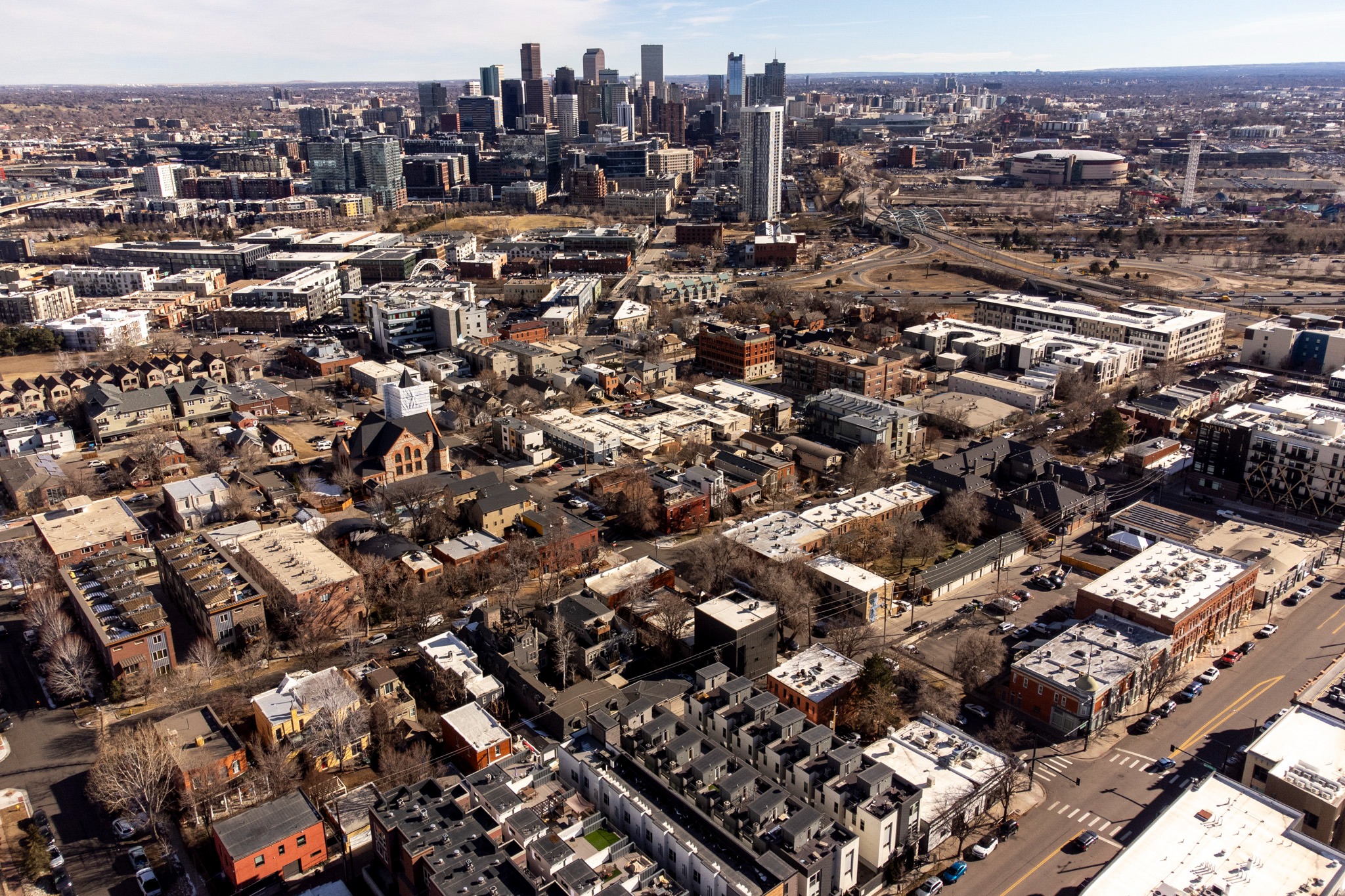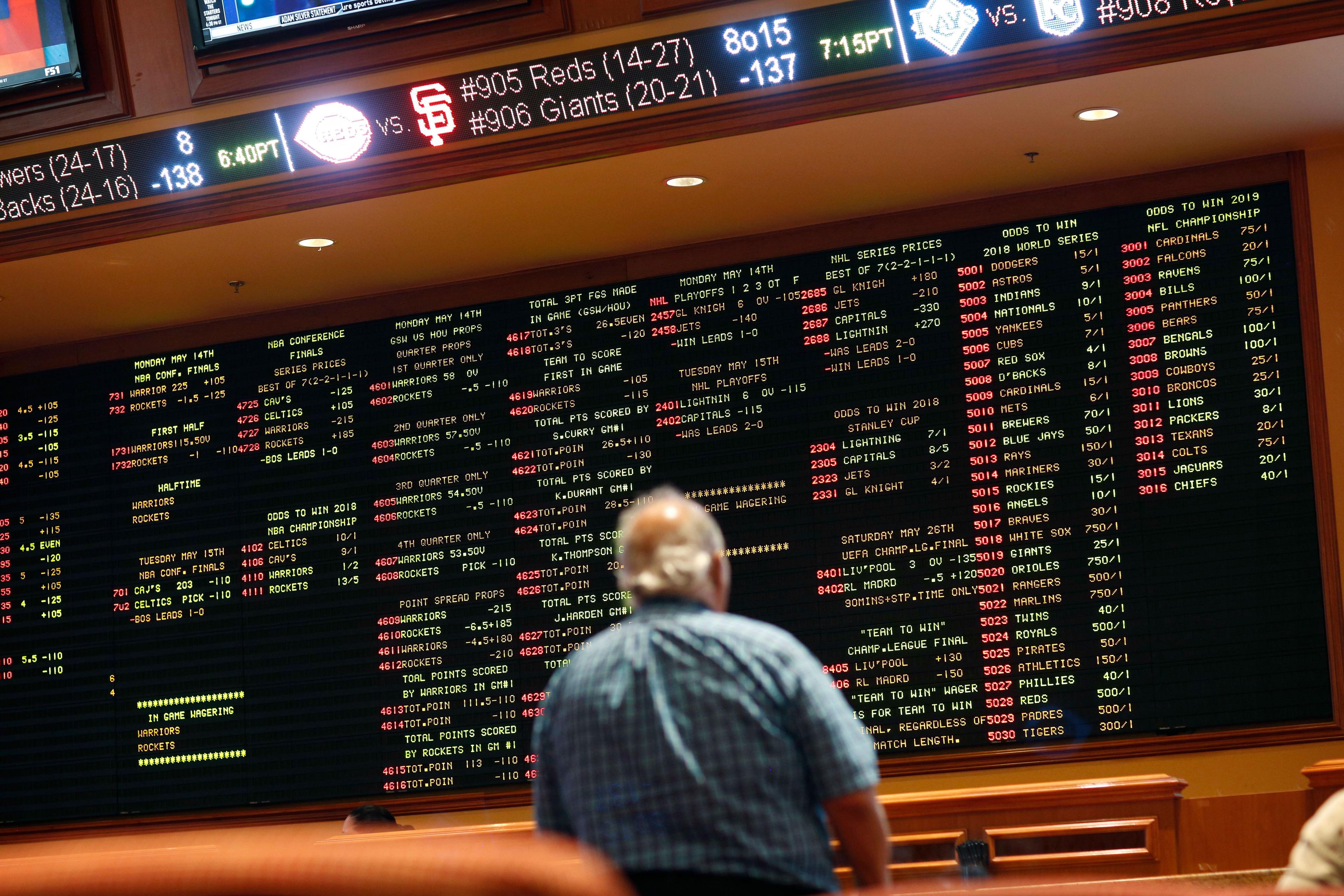

Most everyone in the gaming industry and in Colorado’s legislative leadership agree the state should legalize sports betting.
But who should take the wagers is so hotly contested it risks scuttling the whole effort, according to sources familiar with negotiations.
Many aren’t ready to throw in the towel yet. Lawmakers have only been back to work for a few weeks and a bill hasn’t even been introduced. “It is too early to say it’s stalled,” said Democratic House Majority Leader Alec Garnett.
Still, Garnett thinks the sentiments shared by the different parties in the negotiations are accurate. The Denver lawmaker has worked for months to find common ground between the Arapahoe Park horse track in Aurora and Colorado’s mountain casinos in Black Hawk, Central City and Cripple Creek.
The historic rivals have sparred for years.
Casinos, through the Colorado Gaming Association, have fought to block the horse track from a piece of the sports betting action, according to sources part of the negotiations, many of whom did not want to speak on the record.
The casinos are isolated, by law, in mountain locations. The track, run by Mile High Racing and Entertainment, is a half-hour drive from downtown Denver. If the track got a sports book there’s fear that bettors would bypass the casinos.
Garnett wants to “put the Colorado consumer first,” and doesn’t see his job as protecting the Gaming Association’s territory. Instead, he wants to “build a structure that is regulated and generates tax revenue and eliminates the black market.”
The U.S. Supreme Court’s 2018 decision unleashed a rush by state lawmakers to legalize sports all across the country. Eight states, including New York, Mississippi, and New Jersey, have already passed laws and licensed sports books. Meanwhile, sports gambling bills have been introduced in about two dozen other states, according to ESPN.
Mining For Dollars
To some degree Colorado’s problems stem from the state’s unique system of gambling. In 1991, voters approved an amendment to the state constitution to establish limited-stakes gaming in historic mining towns. Today, 33 casinos operate between the three towns.
The casinos have struggled in the last decade to grow their customer base. Revenue in 2018 was up only 1.6 percent, according to CPR News’ analysis of state data. The casinos blame the draw Las Vegas has on Denver travelers. In order to keep that money in Colorado, casinos have invested huge sums to build bigger hotels and upgrade casino floors.
They want to protect that investment. In 2014, casinos successfully defeated an effort by the track to expand casino-style games at its location in Aurora. Amendment 68 would have made it legal for Arapahoe Park to add a casino and allowed future expansion in Southern Colorado and on the Western Slope. Newspaper editorials weren’t kind and voters turned on the measure. It was one of the most expensive political battles in state history.
If You Can’t Beat ‘Em, Join ‘Em
The parent company of Mile High Racing and Entertainment, which runs the Aurora horse track, may have decided to take a different tack.
Rhode Island-based Twin River Management Group announced an agreement to purchase three casinos in Colorado: Golden Gates, Golden Gulch and Mardi Gras from Las Vegas-based Affinity Gaming. The deal, if state regulators approve, wouldn’t close until early 2020.
It appears that Twin River might be hedging its bets. If casinos get their way and the horse track is shut out of sports gambling, then Twin River would still be able to start a sports book at its newly purchased casinos.
Twin River disputes that notion: “Our decision to acquire these three Black Hawk casinos was not based on the prospect of sports betting,” said Twin River spokeswoman Patti Doyle.
“We have been clear that if the opportunity presented itself, we would welcome the chance to expand our business in Colorado,” Doyle said. “When the Affinity assets came on the market, we immediately engaged in a process that would provide us with access to a significant gaming market supported by the growing Denver metro.”
Twin River hopes to continue to negotiate on a bill to bring sports gambling to both casinos and the track and other off-track betting locations around Colorado.
What Now?
The various factions are scheduled to sit down to find common ground next week. But there’s not a lot of hope the foes can reach an agreement. Sources agree that it’s possible different bills are introduced and likely defeated.
It’s also possible that one or both sides could go directly to the ballot and ask voters what they want to do. It’s a costly and potentially confusing fight state lawmakers would prefer to avoid. House Majority Leader Garnett has been in contact with Attorney General Phil Weiser and Gov. Jared Polis and said there’s “a desire to move this through the legislature.”

